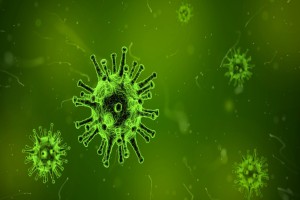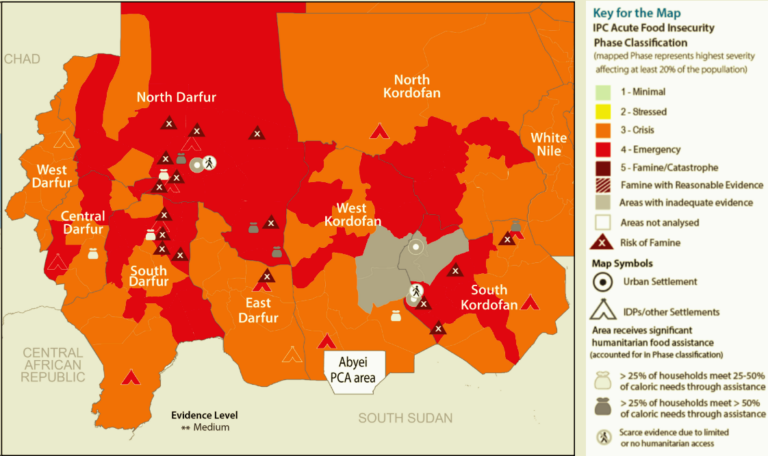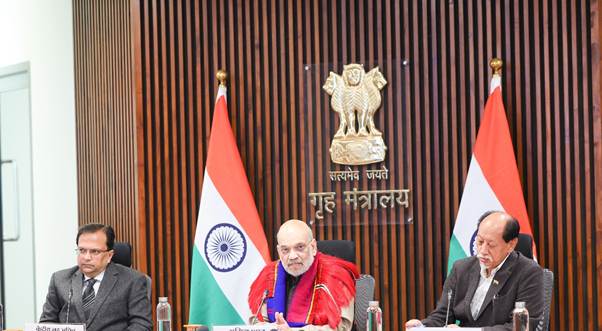
Global scientists double down on SARS-CoV-2 variants research
Geneva: When a virus replicates or makes copies of itself, it sometimes changes a little bit. These changes are called “mutations.” A virus with one or several new mutations is referred to as a “variant” of the original virus.
While it is normal for viruses to mutate, in case of SARS-CoV-2 (COVID-19) virus, the more it spreads, the more opportunities it has to change. Therefore high levels of transmission mean that more variants of the COVID-19 virus are expected to emerge. As it is, following two weeks of low reporting, likely due to the year-end and holiday period, the overall upward trend seen prior to this period is continuing, with just under 5 million new cases reported last week globally. This brings the cumulative numbers to over 88 million reported cases and over 1.9 million deaths globally since the start of the pandemic.
“So far an astounding 350,000 sequences have been publicly shared, but most come from just a handful of countries. Improving the geographic coverage of sequencing is critical for the world to have eyes and ears on changes to the virus,” said Dr Maria Van Kerkhove, WHO Technical Lead on COVID-19.
Genomic sequencing has been critical in identifying and responding to new variants. Of the significant variants reported so far, some are associated with increases in transmissibility but not disease severity. Research is ongoing to address whether the changes impact public health tools and measures.
Increasing sequencing capacity across the world is a priority research area for the World Health Organisation (WHO). Global scientists are intensifying research into COVID-19, as the World Health Organization (WHO) moves to expand its scientific collaboration and monitoring of emerging variants of SARS-CoV-2, the virus that causes COVID-19.
In this regard, a day-long virtual meeting of scientists from around the globe, convened by WHO, bears significance. More than 1,750 experts from 124 countries came together on January 12, 2021 to discuss critical knowledge gaps and research priorities for emerging variants of the virus.
The consultation was structured around six thematic areas covering epidemiology and mathematical modelling, evolutionary biology, animal models, assays and diagnostics, clinical management and therapeutics and vaccines.
Scientists noted the importance of research to detect and understand early on the potential impact of emerging variants on diagnostics, treatments and vaccines. They held the view that better surveillance and laboratory capacity to monitor strains of concern needed to be accompanied by prompt sharing of virus and serum samples via globally agreed mechanisms so that critical research could be promptly initiated each time.
There was a consensus on the importance of integrating the new SARS-CoV-2 variants research into the global research and innovation agenda while enhancing coordination across disciplines. Scientists highlighted the importance of national data platforms to document critical clinical, epidemiological and virus data that facilitates the detection and assessment of new SARS-CoV-2 variants.
“Our collective goal is to get ahead of the game and have a global mechanism to quickly identify and study variants of concern and understand their implications for disease control efforts,” said Dr Ana Maria Henao Restrepo, Head of WHO’s R&D Blueprint.
Welcoming the scientists, Dr. Tedros Adhanom Ghebreyesus, WHO Director-General, said: “Science and research have played a vital role in responding to the pandemic since day one and will continue to be the heartbeat of everything WHO does.”
– global bihari bureau





